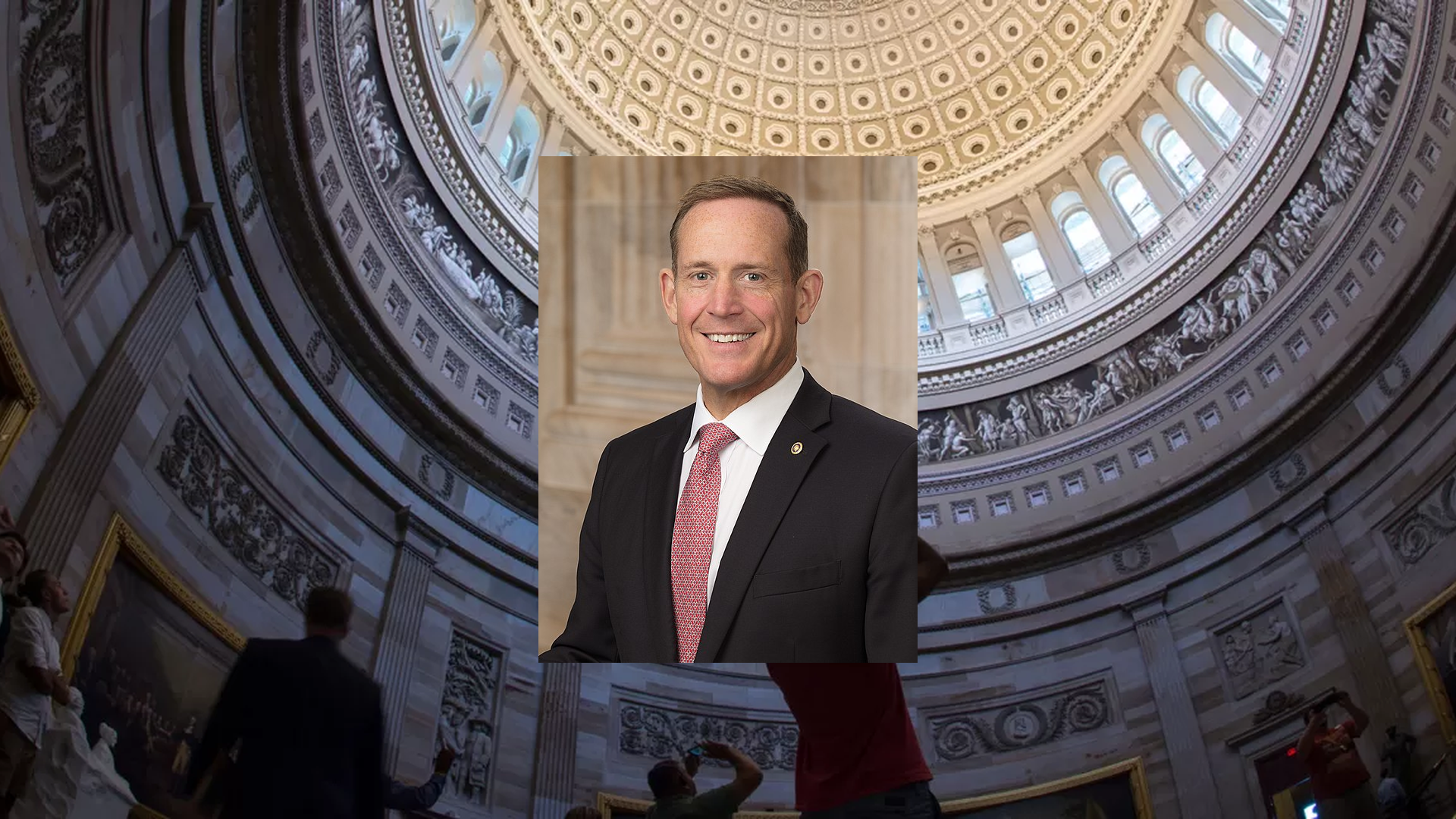We have received text from S. 2175: Pilot and Aircraft Privacy Act. This bill was received on 2025-06-25, and currently has 2 cosponsors.
Here is a short summary of the bill:
The Pilot and Aircraft Privacy Act, as proposed in Senate Bill S. 2175, aims to regulate the use of automatic dependent surveillance-broadcast (ADS-B) data in relation to aircraft operations and general aviation fees. The bill introduces several key provisions:
Limitations on ADS-B Data Usage
The bill seeks to limit the use of ADS-B data in two main ways:
- Restrictions on Identifying Aircraft: No individual or government agency is permitted to use ADS-B data to identify aircraft for the purpose of assessing fees or charges against the owners or operators of those aircraft.
- Controlled Usage by Air Traffic Controllers: Air traffic controllers are allowed to use ADS-B data solely for tracking aircraft to promote safety and efficiency in air traffic operations. They may also use it for other purposes if deemed appropriate by the Secretary of Transportation, following public notice and opportunity for comments.
Limitations on Use of ADS-B Data in Investigations
The bill amends existing regulations to clarify that neither the Federal Aviation Administration (FAA) Administrator nor any other government officials at various levels (such as state, local, territorial, or Tribal) can use ADS-B data in investigations that may involve assessing charges or other investigations that might relate to fees.
Imposition of Fees on General Aviation Aircraft
The legislation establishes new guidelines for public-use airports regarding the imposition of fees on general aviation aircraft:
- Disclosure Requirements: Before charging landing or take-off fees, airport owners/operators must publicly disclose information about:
- Efforts made to reduce non-airside related expenses.
- Alternative revenue sources pursued besides those from general aviation aircraft.
- Cost estimates for airside safety projects, the percentage of fees that will fund these projects, and an estimated timeline for collecting related funds.
- The potential impact of such fees on the general aviation community, pilots, students, charities, and businesses reliant on general aviation.
- Restriction on Fund Usage: Revenues generated from fees imposed on general aviation aircraft are restricted to use only for airside safety projects at the airports.
- Rulemaking Authority: The Administrator of the FAA has the power to create regulations or reporting requirements necessary to implement this section effectively.
Definition of General Aviation Aircraft
The bill defines "general aviation aircraft" as those utilized for personal, recreational, flight training, or other purposes not involving scheduled airline operations or military flights.
Conclusion on Impact
The overall intent of the Pilot and Aircraft Privacy Act is to safeguard the privacy of aircraft operators from unwarranted data exploitation while ensuring that any fees imposed on general aviation are justified and transparent.
Relevant Companies
- BA - Boeing: As a major manufacturer of aircraft, changes in regulations regarding general aviation fees could impact its customer base and operations regarding general aviation products.
- RTX - Raytheon Technologies: Involved in producing aerospace technologies where aircraft tracking and regulation changes may affect service implementation.
- AIR - Air Lease Corporation: Changes in general aviation fees could affect leasing operations with potential customers in the general aviation sector.
Senator Ted Budd Bill Proposals
Here are some bills which have recently been proposed by Senator Ted Budd:
- S.2175: Pilot and Aircraft Privacy Act
- S.1970: MACV–SOG Congressional Gold Medal Act
- S.1759: Supersonic Aviation Modernization Act
- S.1701: STORM Act
- S.1683: PELL Act of 2025
- S.1456: Military Installation Retail Security Act of 2025
You can track bills proposed by Senator Ted Budd on Quiver Quantitative's politician page for Budd.
Senator Ted Budd Net Worth
Quiver Quantitative estimates that Senator Ted Budd is worth $7.5M, as of July 4th, 2025. This is the 111th highest net worth in Congress, per our live estimates.
Budd has approximately $433.3K invested in publicly traded assets which Quiver is able to track live.
You can track Senator Ted Budd's net worth on Quiver Quantitative's politician page for Budd.
This article is not financial advice. See Quiver Quantitative's disclaimers for more information.





